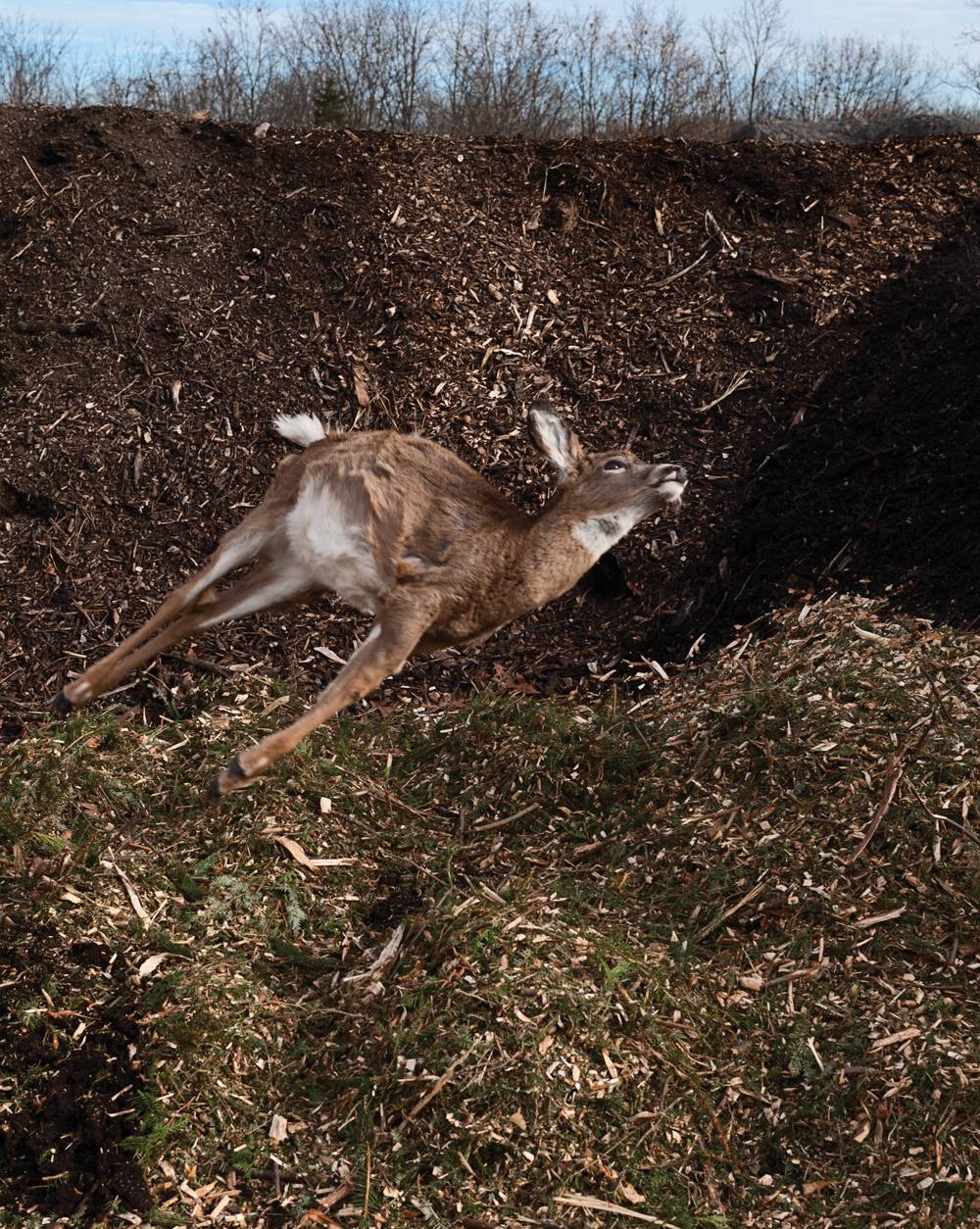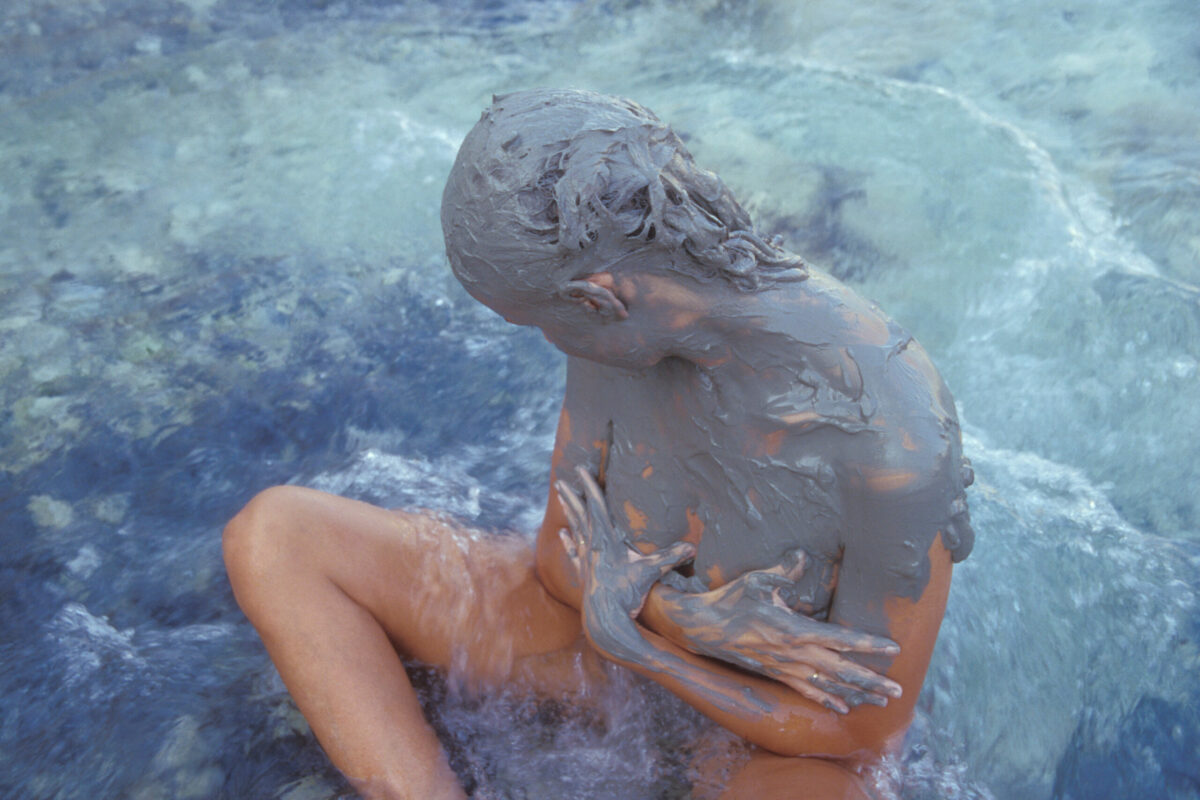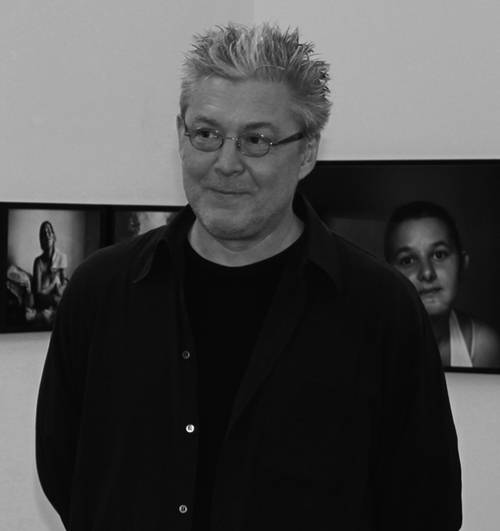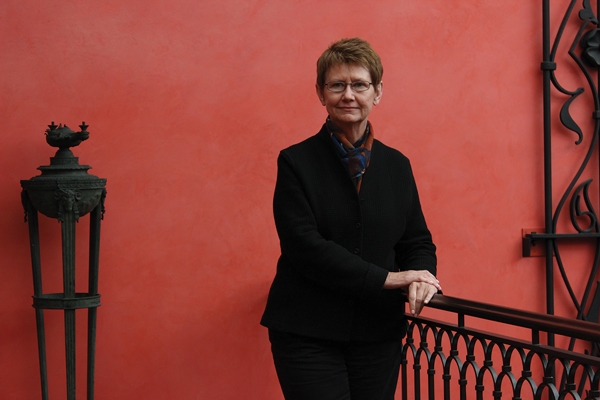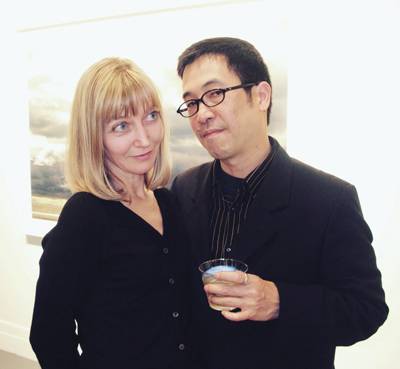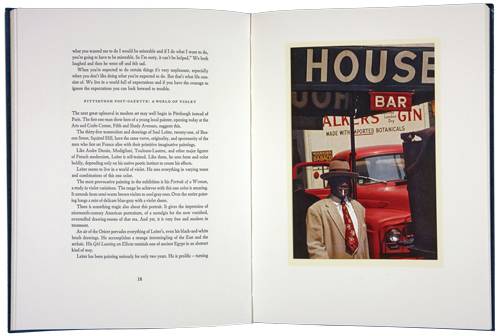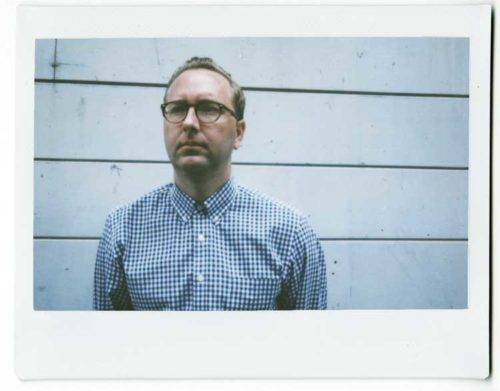Linda Kuo believes that nature, despite being disrespected by humankind, holds the answers to our survival. She insists that we should be held accountable for its treatment – that good stewardship, rather than dominance, will lead to ecological solutions. Her convictions find expression in her photographs, which tell stories about the vulnerability and marginalization of animals.
In her most recent project, Reclaimed, deer killed in car collisions take center stage. Kuo lives in Westchester, New York, which like many suburban East Coast communities has an abundance of deer. They are perceived as a nuisance, a view she does not entirely share. One day, coming across a deer killed along the road, she felt compassion for the lifeless body and was compelled to photograph it. While she was photographing in the pouring rain, a Department of Transportation truck came by to pick up the deer. The encounter sparked her curiosity about where they took the animal, and she began to research it. Ulster County, New York, not far from Westchester, enacted a program a few years ago in which the bodies of the deer are removed and turned into fertile compost. As soon as she found out about the program, she embarked on a project of documenting this cycle of animals being reclaimed and returned to nature.
Meticulously photographing each step of this process, Kuo does not shy away from its unsavory aspects, but her images are filled with reverence for the animal and nature. Her pictures are perfectly composed, though Kuo is self-taught, and their beauty derives in part from her instinctual connection with the natural world.
Linda Kuo grew up in Champaign-Urbana, Illinois, where hers was the only Asian family in their middle-class neighborhood. She felt marginalized and defenseless. Later, working in the fashion world, she felt similarly pigeonholed. In her photographic essays, she connects her own personal sense of alienation with the relationship of humans and animals, a thread that she will continue into her next series, which focuses on conservation.

